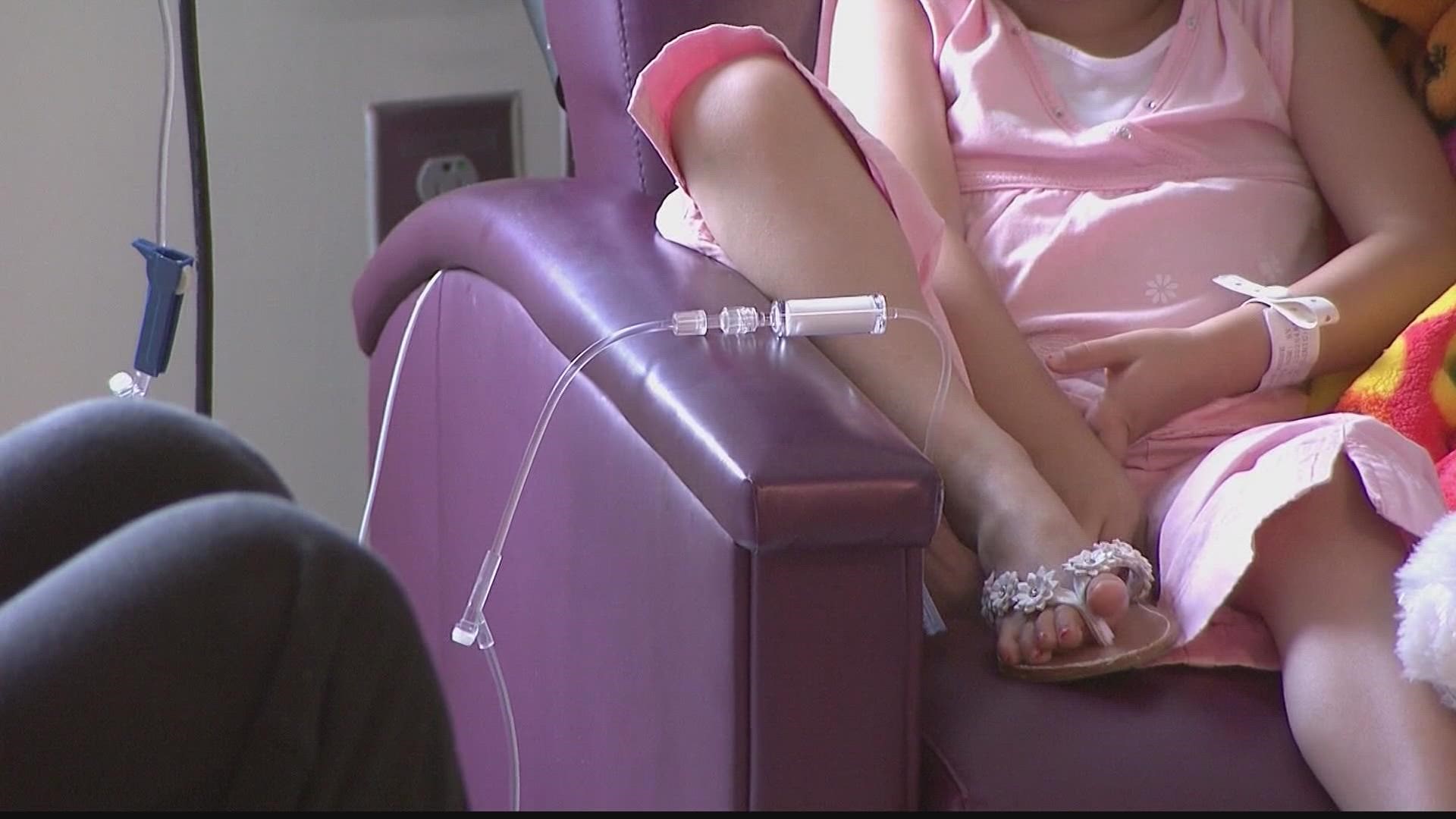ATLANTA — The Georgia Department of Public Health confirmed Tuesday that there are "several" suspected cases of hepatitis among children in the state.
An alarming outbreak of the sudden liver disease in children has health authorities in Europe and the U.S. racing to find answers. As of last week, around 200 confirmed cases have been reported. However, it is unknown how many of the suspected cases were reported in Georgia and the state said they are all "under investigation."
According to the Associated Press, the illnesses have no known connection, although a possible link with a virus that can cause colds is being investigated. At least one child died and several others have required liver transplants.
Adenovirus is the virus that the new outbreak of hepatitis could be linked to according to the Pan American Health Organization. According to PAHO, in many cases, adenovirus infection was detected in the affected children.
"Adenovirus is a very common virus. It commonly causes upper respiratory type infections like the common cold," said 11Alive Medical Correspondent Dr. Sujatha Reddy. "But we also can see in some cases that it causes liver inflammation and that's what we're seeing in these children."
Reddy explains that the recent hepatitis outbreak is different from what people commonly think of as hepatitis. According to the doctor, the most recent cases are not the vaccine-preventable type of hepatitis that are commonly talked about, like type A and type B.
The AP reported that previously healthy children are suddenly developing hepatitis, or liver inflammation often caused by viruses. Jaundice, diarrhea and abdominal pain are among the reported symptoms. Children aged 1 month to 16 years have been affected.
Most cases have occurred in Europe. The first U.K. cases were recorded in January. The Centers for Disease Control and Prevention said in a nationwide health alert last week that the first U.S. cases were identified in October in Alabama.
In the U.S., cases have also occurred in Illinois and North Carolina.
The CDC said all physicians should be on the lookout for symptoms and report any suspected case of what's called hepatitis of unknown origin.
The ages of the children in Georgia — and the exact locations — were not made available by the state.

